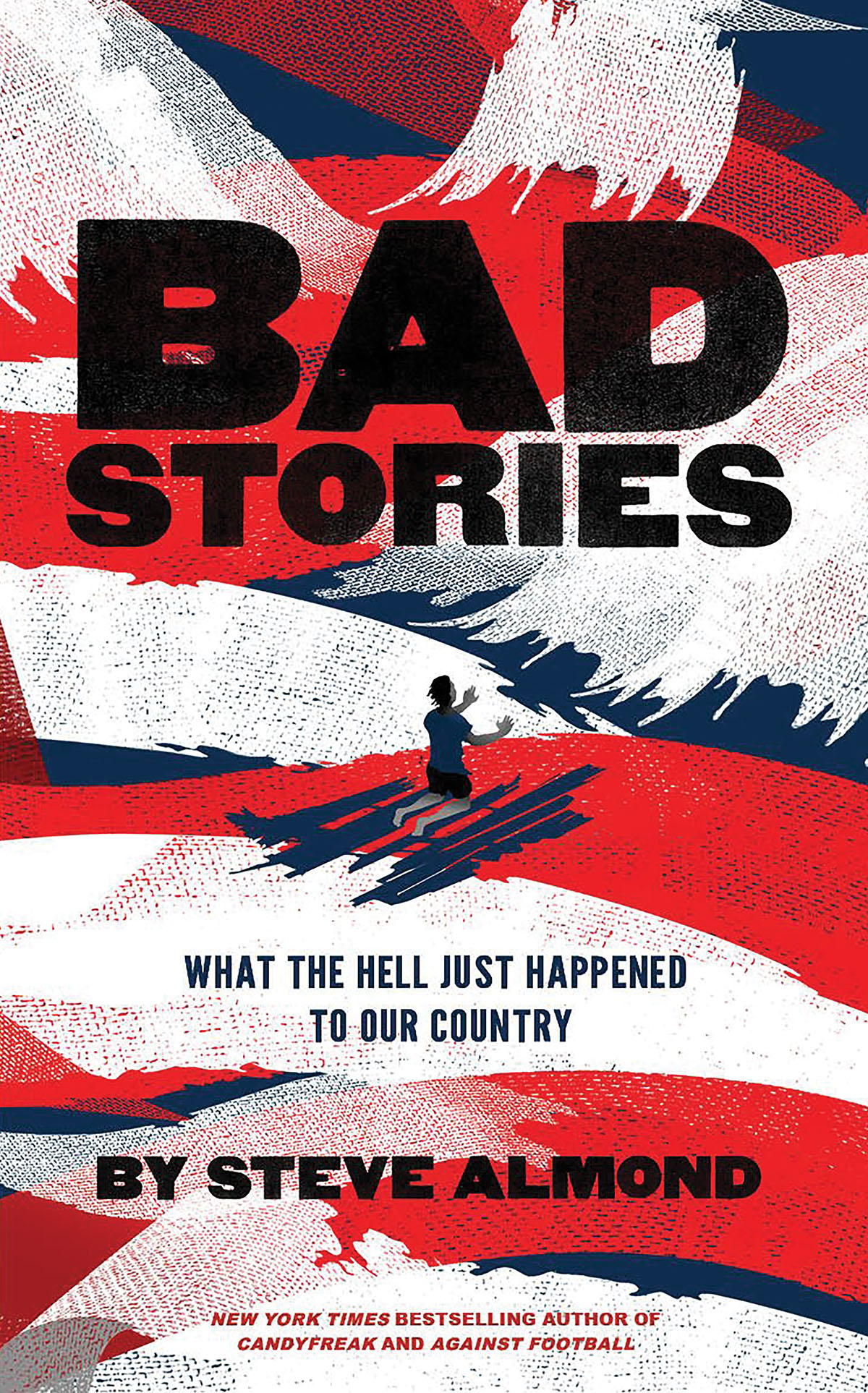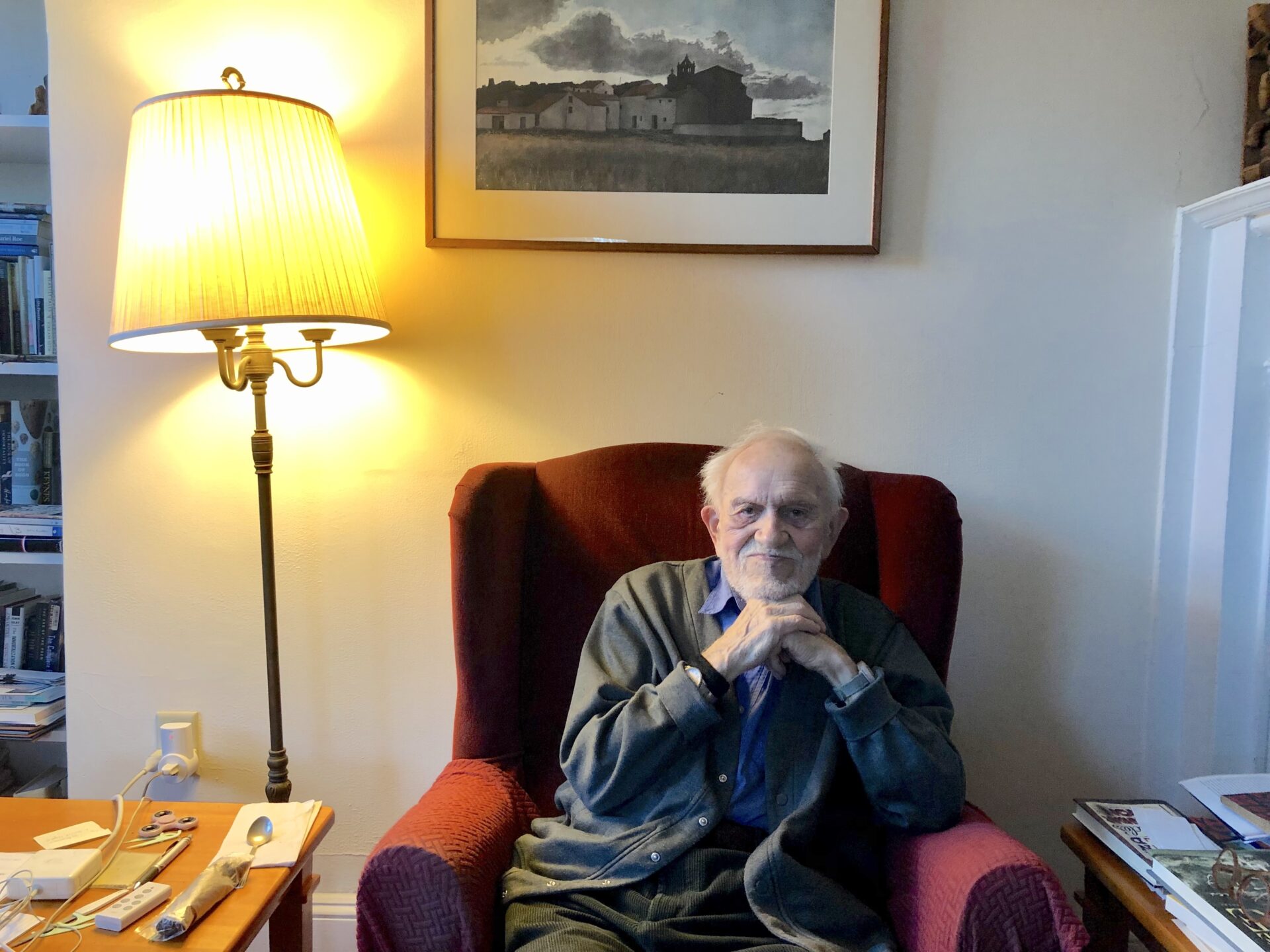Democracy is not an Entertainment Product

By Steve Almond ’88, author of Bad Stories
Shortly after graduating from Wesleyan, back in 1988, I read a book that radically altered my view of American culture. Neil Postman’s Amusing Ourselves to Death was billed as a scathing critique of television’s influence on our national life, but his central thesis was far more profound.
Postman argued that our mass media had created a society whose standard of value is “whether or not something can grab and then hold the public’s attention. It is a society in which those things that do not conform—for example, serious literature, serious political debate, serious ideas, serious anything—are more likely to be compromised or marginalized than ever before.” The result was that every aspect of our culture (politics, religion, news) had been reduced to a form of entertainment. Americans had devolved from an electorate into an audience.
By 2016, when I returned to Wesleyan to teach a course in literary journalism, I had come to regard Postman as something closer to a seer.
America, you’ll recall, was in the midst of a frantic and fractious election, one in which the GOP had nominated as its standard-bearer a reality TV star. As a political actor, Donald Trump had no coherent policies, no experience, and no interest in the mechanisms of governance. And yet his candidacy had managed to transform the race from a contest of ideas into an entertainment product.
Some of the blame surely lies with our for-profit media. But these outlets promoted Trump’s candidacy, ultimately, because we chose to watch—whether in rapture or disgust. We should all be horrified at the study revealing that just ten percent of the election coverage focused on policy. But we should also admit that this dismal statistic redounds to us.
My students were enraged and depressed by the election. I, too, was angry. But as a teacher, I found myself urging my students to step back from history and consider the bad stories that had led us to this point.
This was a complicated process. Because some of those bad stories, such as the story of race, are older than America itself. Others are delusions we’ve harbored from our very founding—the idea that our nation is a representative democracy, for instance.
But the most damning stories, I found, were the ones Postman observed more than three decades ago, ones that reveal how Americans have abandoned the duties of citizenship for the pleasures of fandom.
This pattern prevails all across the ideological spectrum. Just as many conservatives react to the dysfunction of our civic institutions with delusions of white persecution, many liberals indulge in clever comedy sketches that convert our anguish into disposable laughs. These are the two dominant responses to the state of our union: America as a horror movie, basically, or a farce. Don’t bother looking for a nuanced drama about a liberal democracy struggling to maintain faith in the mechanisms of self-governance. That story doesn’t sell enough popcorn.
Or consider the massive influence of sports on American culture. Millions of our citizens dedicate more time and passion and money to their favorite teams than they do to any other pursuit: politics, volunteer work, even religion.



